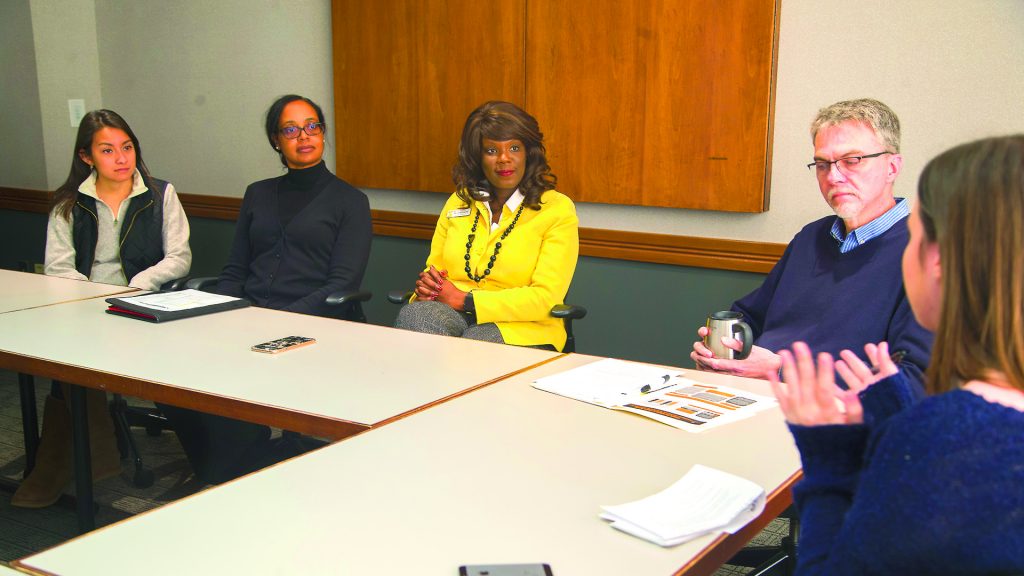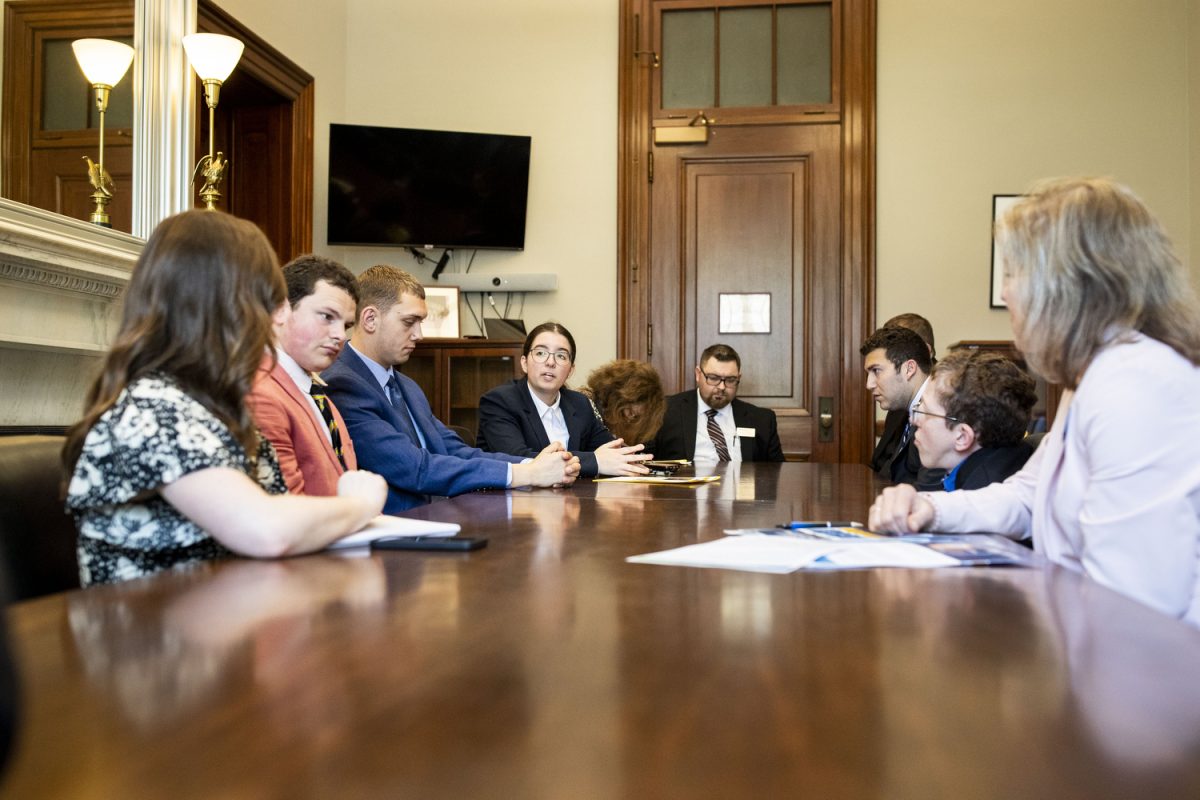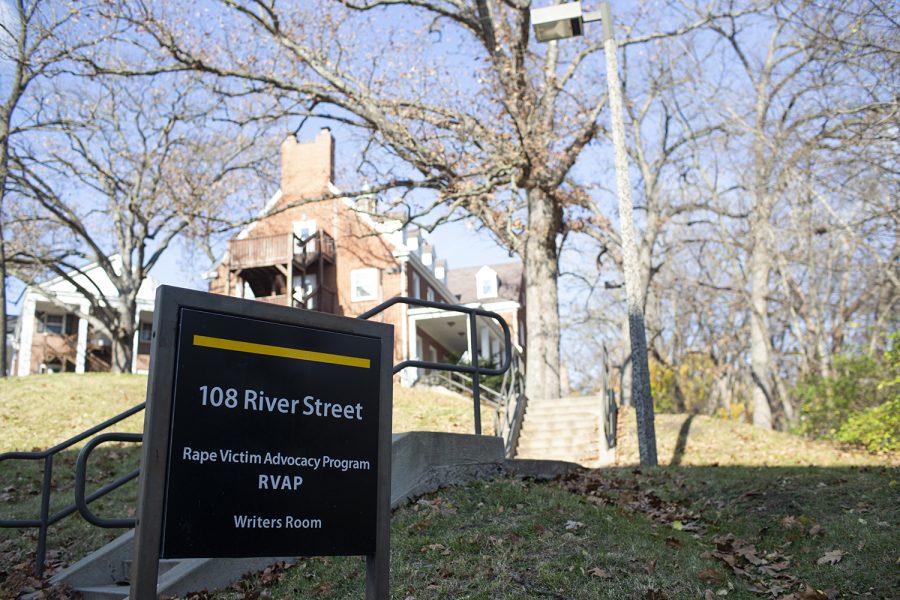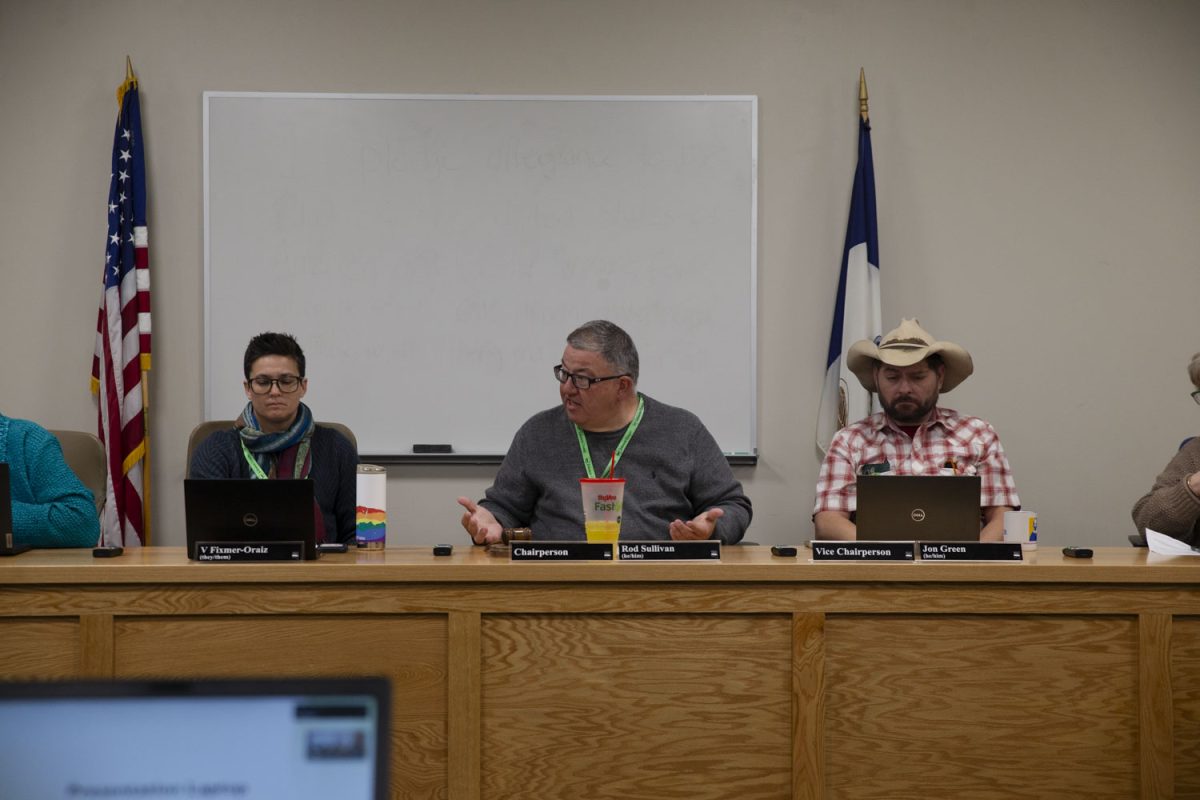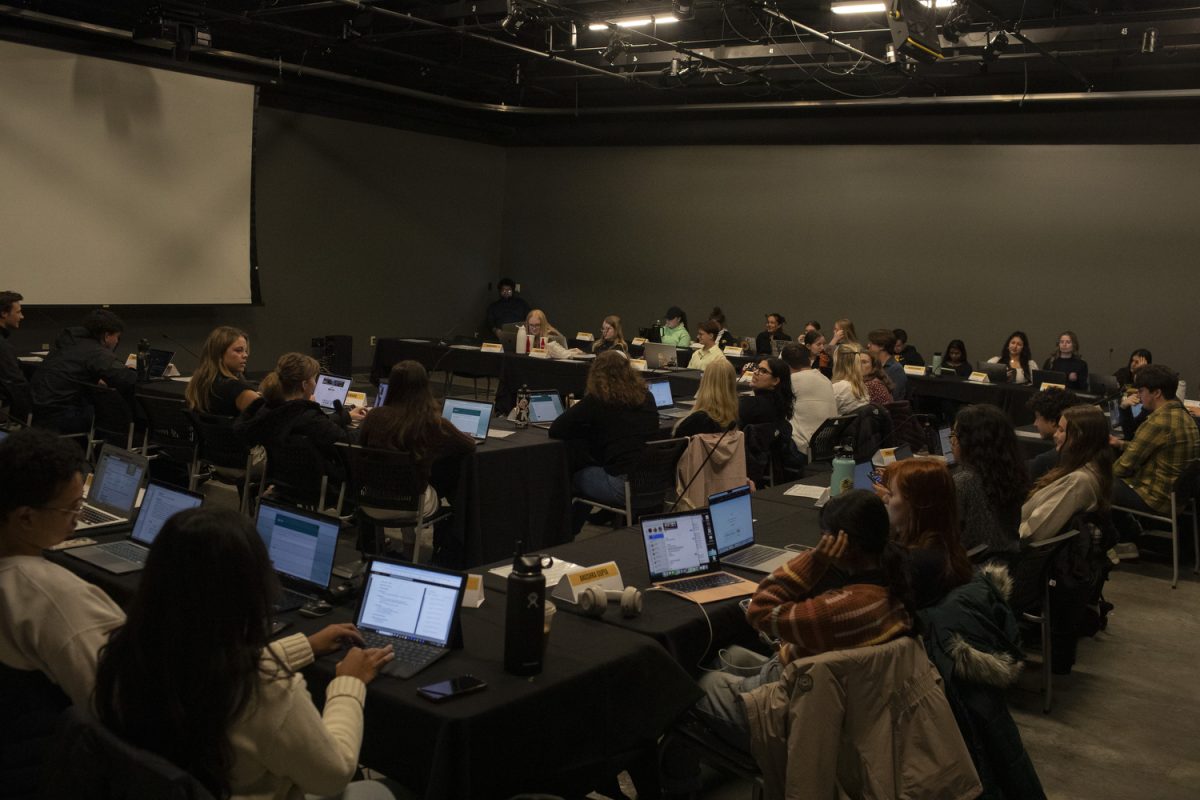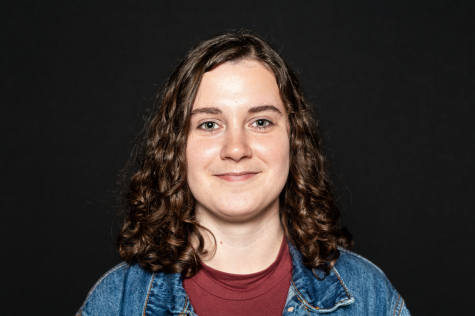Being the first in the family to pursue higher education is a challenge some who proudly call themselves Hawkeyes embrace.
More than 24,000 undergraduates are enrolled at the University of Iowa, and about one-fourth are first-generation students.
UI Student Government Vice President Lilián Sánchez, a first-generation student, said since stepping on campus for Orientation, she feels the UI has been welcoming and supportive of her and her family.
“Knowing that none of my parents went to college, it was something that I think was more of a gift rather than a burden for our family,” she said.
University staff and faculty have roles to play in helping students who haven’t had family members to chart this course before. UI Vice President for Student Life Melissa Shivers said her experience as an undergraduate at Georgia Southern University showed her it takes courage to be the first to go to college.
“I was really inspired and challenged by the idea of being the first to go to college, but it also probably motivated me in ways that I can now reflect on and think, ‘This is why I continue to work so hard,’ or ‘This is why my work ethic is at is now,’ because my family was relying on me to be successful,” she said.
RELATED: New VP for Student Life talks success, diversity, safety
At the UI, systems are in place to support first-generation students. Sánchez said the Center for Diversity and Enrichment has been helpful with directing her to resources and helping her navigate the academic system, which is one of the biggest hurdles first-generation students face.
Nadine Petty, the executive director of the Center for Diversity and Enrichment, said in the TRIO Student Support Services program operated by the center, two-thirds of the students served are first-generation. The program is federally funded and serves low-income, first-generation, and disabled students, supporting them with academic planning, financial literacy, and leadership opportunities.
Petty said contact with families and doing programs to let them know what to expect and help them learn how to support their student is also an important component of TRIO.
“We’ve found oftentimes with the parents not really knowing what to expect, that they can unwittingly be barriers to their students,” she said.
To think deliberately about first-generation students and how the UI can better support them, Wayne Jacobson, the director of assessment in the Office of the Provost, said a first-generation task force has been meeting for almost a year.
First-generation students enter the UI with academic profiles similar to those who are not first-generation, said task-force Chair Jacobson, but they’re not as likely to graduate. For the fall 2015 entering class, retention of first-generation students was 80.3 percent compared with 89.2 percent retention for those who are not first-generation. The campus average was 87.1 percent.
RELATED: UI works on retention
However, these students are primed to succeed and work hard, Jacobson said. First-generation students show higher scores for resiliency on the Excelling@Iowa survey and are often accustomed to figuring things out on their own.
“It’s all students, all ethnicities, all walks of life, so it’s not as easy even for students to identify that they’re part of that, but we want to figure out how we can help,” he said.
Sánchez previously told The Daily Iowan about a first-generation summit UISG is planning for April 7, 2018, as another effort in addition to the task force to sustain efforts surrounding helping first-generation students on campus.
Knowing the institution is ready to empower this population of students helps her face challenges that arise, Sánchez said.
“I know that at the end of the day, I can pursue my own potential if I don’t have the fear to do so,” she said. “I think the University of Iowa does a really good job making sure that we see the individual for who they are and placing their needs above anything else.”
- The UI has a first-generation task force consisting of staff and faculty to identify ways to better support first-generation students
- UISG is planning a first-generation summit for April 7, 2018, to provide mentorship and networking opportunities
- The Center for Diversity and Enrichment offers programs such as TRIO and Iowa Edge to support students before starting classes and throughout their time as Hawkeyes





